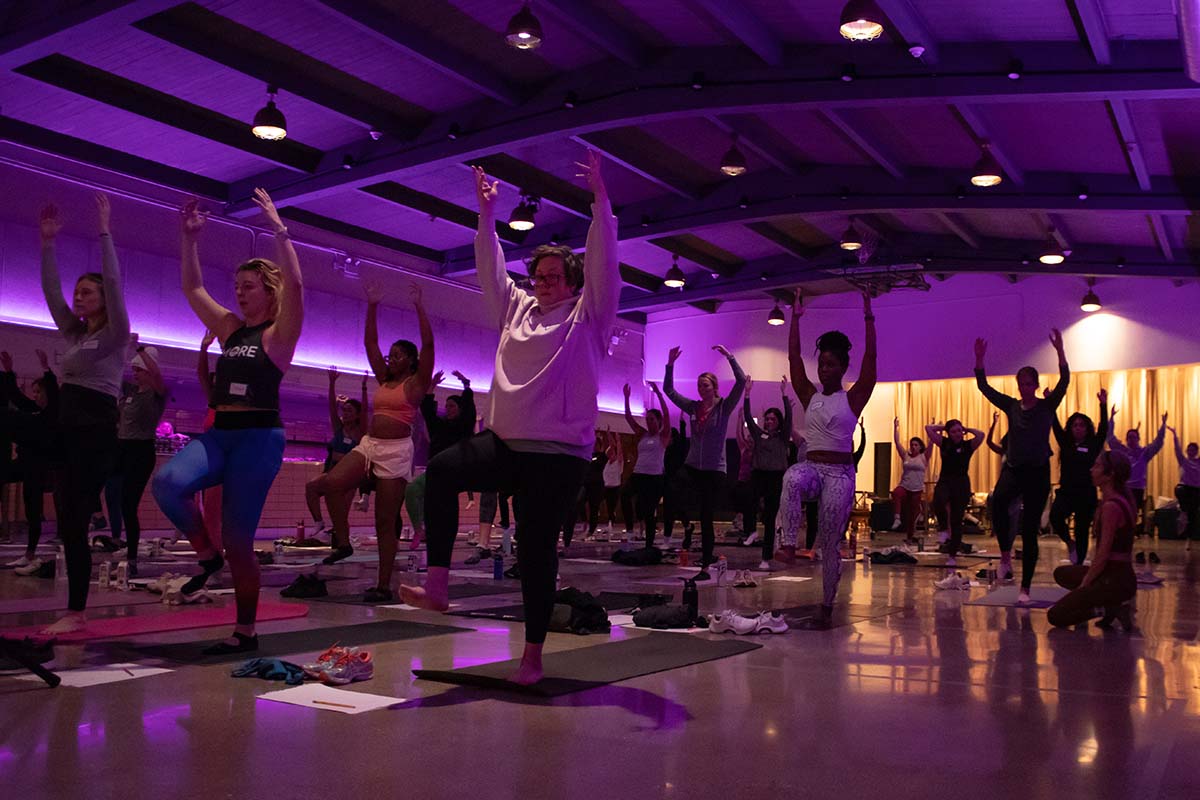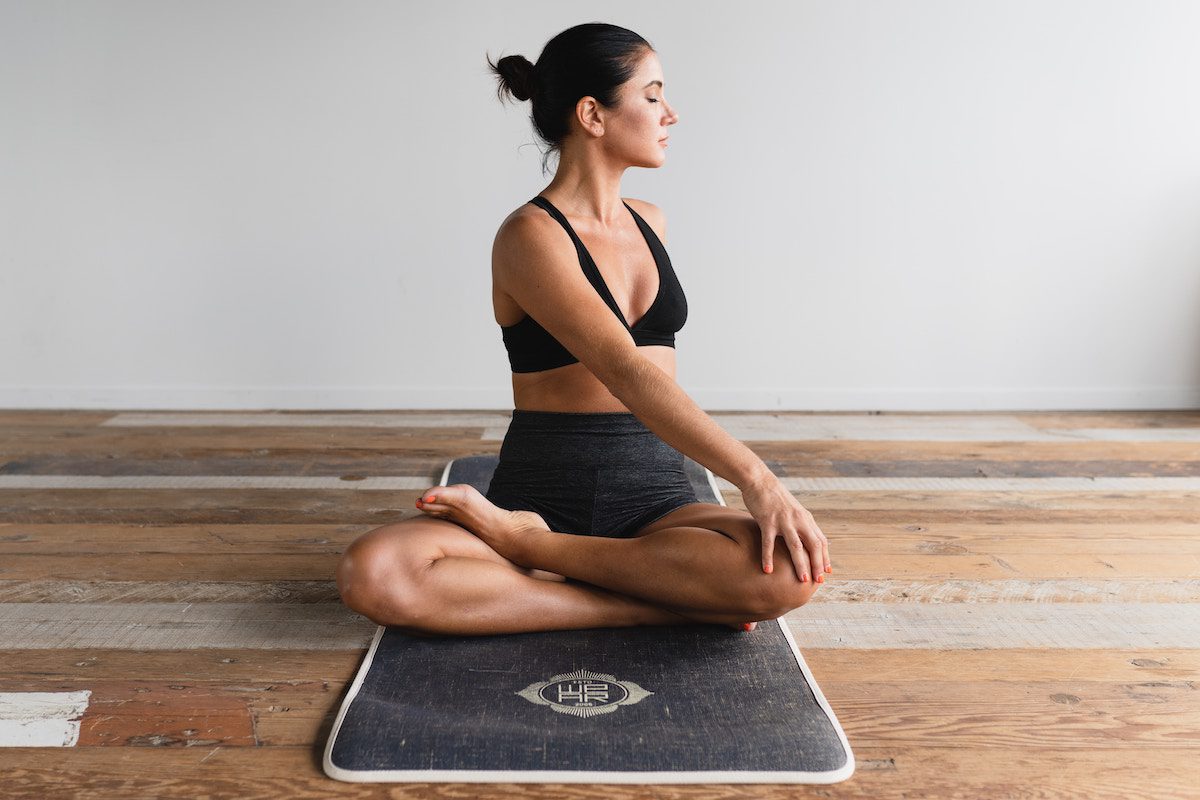To Make the Most of Your Workout, Go to Sleep
You’ve been doing everything your doctor, mother and fitness-guru friends tell you. You’ve changed you diet, reduced your fat and sugar intake, cut down on processed foods and ramped up your workout routine. Yet you aren’t seeing the results you want. Discouraged, you’re about to throw in that sweaty gym towel, order some deep dish and call it quits. Just in time, you’ve come across this article.
Though seemingly opposite activities, sleep is a vital component of an effective exercise regimen. This may not come as a surprise to some, as it is common knowledge getting a proper amount of sleep each night is essential for optimal functioning during the day. Research shows that all mammals need regular sleep — sleep regulates mood and is also related to memory retention and learning, according to the National Sleep Foundation.
In sum, not only is getting adequate sleep necessary for performing well at work or school, staying on task and improving memory, it is also integral to maintaining good health, weight and a high energy level.
Why you need sleep for a good workout
Sleep deprivation may inhibit weight loss, even if you eat well and exercise regularly. Citing a 1999 study conducted at the University of Chicago, The Sleep Foundation said inadequate sleep leads to significant adverse effects. In the study, otherwise healthy young adults who restricted sleep to just four hours per night showed glucose and insulin characteristics of diabetics at the end of one week. While this degree of sleep restriction represents an extreme, it is not uncommon in our constantly connected and on-the-go society. Fittingly, Eve Van Cauter, PhD, who led the study at University of Chicago, deemed the sleep pattern the “royal route to obesity.”
Timing is another important aspect related to exercise and sleep. Experts say properly timing exercise relative to sleep is necessary to maximize results. For instance, exercising in the morning can wake you up, jump-start your metabolism and make you feel energized for the day ahead, while exercising just before bedtime can keep you tossing and turning all night, completely disrupting your sleep schedule.
Experts recommend exercising no less than three hours before bedtime, and the best latest time is late afternoon, according to The Sleep Foundation. This is because your body temperature can take as long as six hours to drop after a workout, so it is important to give yourself time to cool off.
Why you need exercise to sleep well
Sleep and exercise go hand in hand, and like the best relationships, they are mutually beneficial. You need regular sleep to make exercise an effective weight-loss mechanism and for your overall health, and you also need regular exercise to sleep soundly.
Physicians have increasingly turned to prescribing aerobic exercise for their patients battling chronic insomnia. According to WebMD, researchers from Northwestern University found regular aerobic exercise could significantly improve millions of adults’ quality of sleep, vitality and mood.
Northwestern researchers studied 23 sedentary adults, primarily women 55 years old and older, who experienced difficulties falling and staying asleep and impaired daytime functioning. Participants were randomly divided into three groups: One group exercised for two 20-minute sessions four times a week and the other did a 30-40 minute workout four times a week, with participants in both groups exercising to 75 percent of their maximum heart rate on at least two aerobic activities. A control group didn’t exert themselves in any physical activity, but participated in mental exercises, such as educational activities or listening to a museum lecture. This group met three to five times per week for about 45 minutes for 16 weeks.
At the end of the 16-week trial period, researchers said the participants who exercised reported their sleep quality improved drastically. They also reported fewer symptoms of depression, increased vitality and less fatigue during the day.
Sleep and exercise need each other, and to sustain a healthy lifestyle, you need both. If one of these is missing, look for ways to alter your daily schedule — whether that be changing the time you typically exercise, going to bed earlier or, if possible, waking up later.













